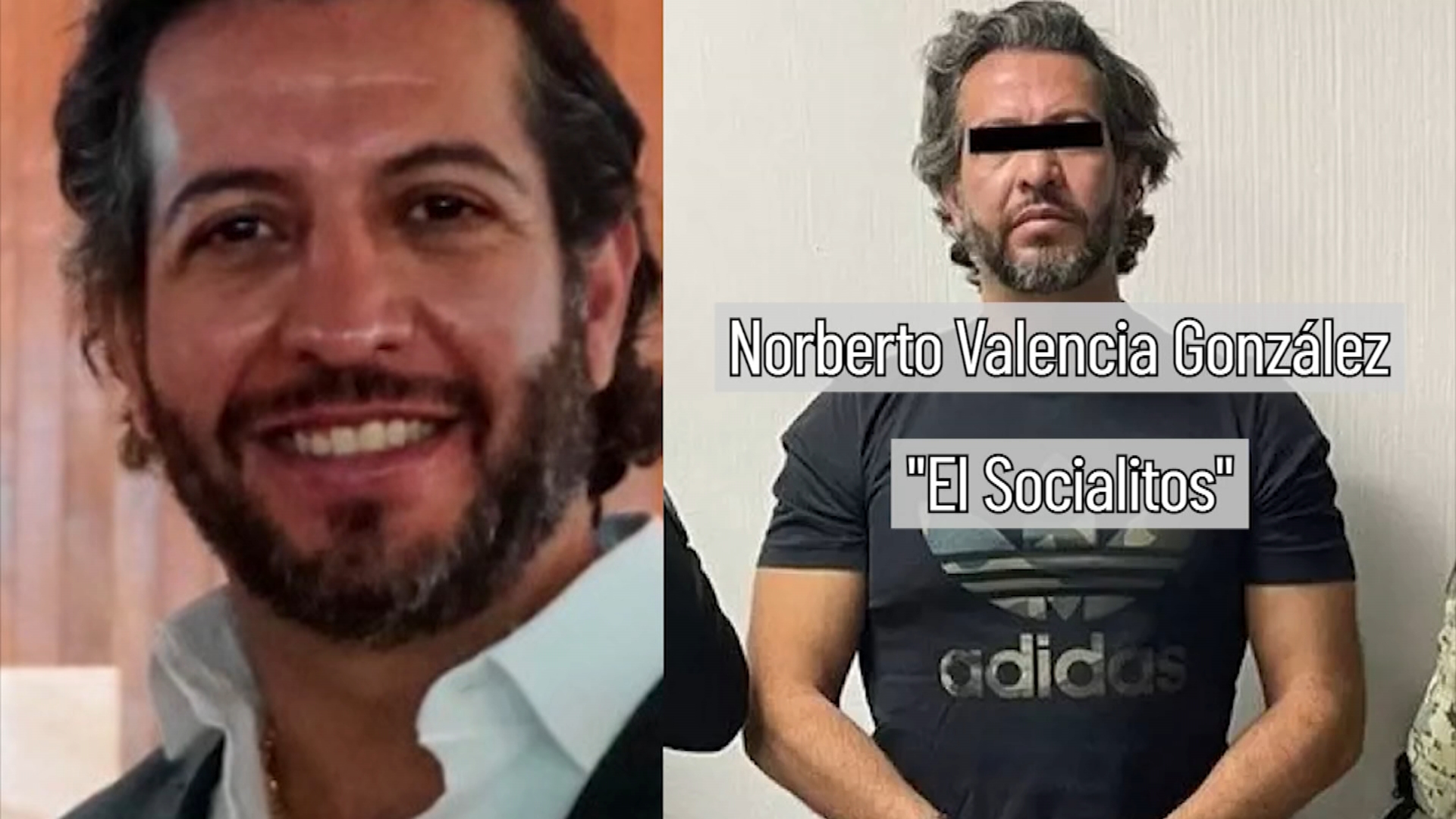A suburban Chicago woman somehow survived a Palestinian terrorist attack in Israel, only to fight decades of legal battles against her foreign attackers
For Shayna Gould, "23 years of terror" started at a bus stop in Israel. It was during a torrential rain storm that the college student from Skokie, along with more than 40 other people, were hit by gunfire from a Palestinian terrorist armed with an automatic rifle.
The confusion and carnage that day on Jaffa Street in Jerusalem included a young woman seen on news film being hauled away by emergency crews. She appeared to be dead. And after being shot in the chest at point-blank range, she was thought to be dead, according to the emergency room staff.
Doctors, including a Palestinian working at an Israeli hospital, helped bring Gould back to life.
"She arrived dead, without pulse, without blood pressure," said Dr. Salah Odatallah, the Arab-Israeli physician who remembers what he saw and did that day.
"She recuperated at record speed, and she will be a healthy, beautiful woman," he said at the time.
Defying all odds, just days later, Gould was sitting up, talking and smiling.
"They really took me in and just loved me," Gould told NBC Chicago. "It was great."
Two years after the attack, Gould and her family joined scores of other victims of terrorism, taking aim at the Palestinian Liberation Organization and the Palestinian Authority and suing the groups for damages in federal court in New York.
It would become a case without end.
Feeling out of the loop? We'll catch you up on the Chicago news you need to know. Sign up for the weekly Chicago Catch-Up newsletter.
Following years of delays and challenges, a seven-week trial came to an end in 2015. A jury returned a verdict in favor of the victims, awarding them more than $655 million. The jury allocated $87 million of that total to Gould and her family.

"We had a long fight and we actually won it," she said after the court victory.
But the celebration didn't last long. Less than a year later, an appeals court reversed that verdict, saying the district court "lacked personal jurisdiction over the PLO and PA" because they were foreign organizations and not in New York, where Gould and the other victims filed their suit.
"I feel like they really should step away and let the judge and jury be the voice," Gould said. "That's what their job is, so they should just stay out of it. They should let the Supreme Court make the decision."

Then, in 2019, Congress passed a "Victims of Terrorism Act," essentially closing the loophole that had knocked down the original $655 million verdict.
That meant Gould and the other plaintiffs could bring their case to the Supreme Court.
On Tuesday morning, more than 23 years after Gould was attacked at that Jerusalem bus stop, the court finally heard the case. During oral arguments, Deputy Solicitor General Edwin S. Kneedler spoke on behalf of the government about whether the 2019 act of Congress really does allow foreign terrorists to be sued in the United States.
"Congress determined that it is fair to deem the PLO and PA to have consented to personal jurisdiction in suits under the antiterrorism act if they made payments to, or on behalf of, persons who injured or killed Americans in acts of terrorism," said Kneedler.
Gould's attorney, Kent A. Yalowitz, told the court, "Wherever in the world you travel, the protection of the United States travels with you."
On the other side, an attorney for the Palestinian organizations attempted to fight off a case that could cost them hundreds of millions of dollars.
"If I may give one example that I think helps exemplify this," stated Mitchell Berger, attorney for PLO and Palestinian Association. "Nobody likes pirates, right? Certainly, the United States can define piracy as an offense, but the United States does not try pirates in absentia."
Years ago, Gould's father Ron said, "If the court decides against us, so be it. We've done our due diligence; we've brought it all to the Supreme Court. If they decide against us, not in our favor, that's their decision and I'm — I'm — I'm okay with that."
He will know soon enough. The court is expected to decide on the case later this summer.
When she last spoke publicly about the case, Gould was philosophical. "We'll see where the chips fall. But give us that opportunity -- obviously."
The Gould family is paying another price: silence. Part of their current arrangement with Palestinian organizations is non-disclosure, preventing Gould and others from currently publicly discussing the 23-years of terror.



